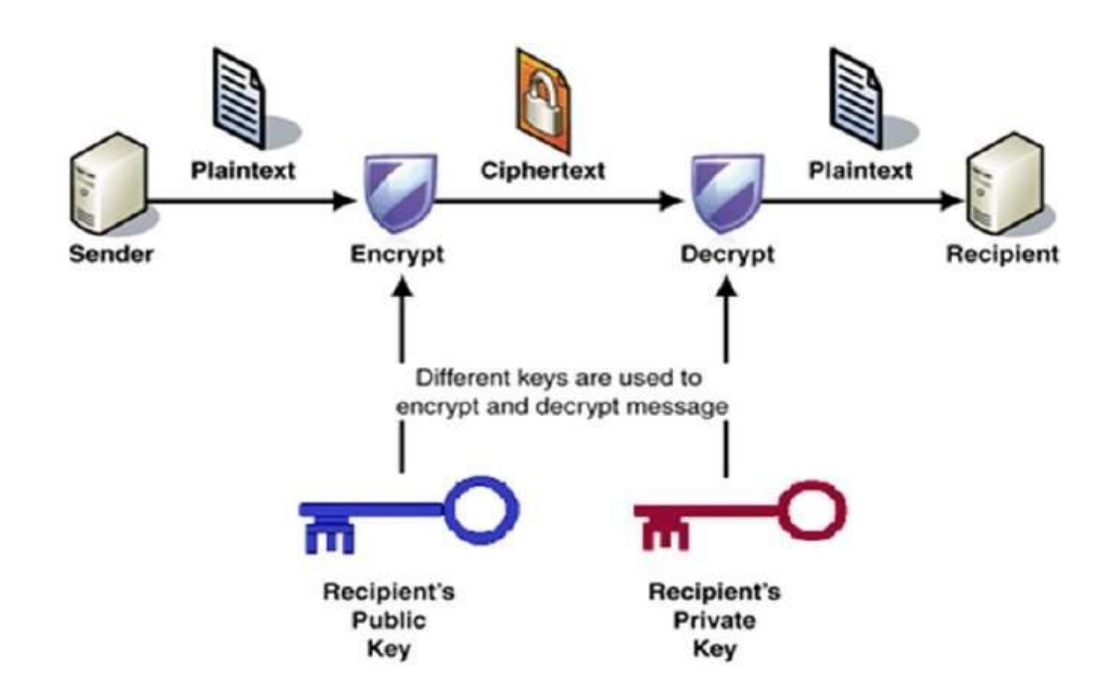In the ever-evolving landscape of technological advancements, blockchain technology has emerged as a revolutionary force with the potential to transform industries across the globe. This innovative technology is no longer confined to the realm of cryptocurrency; its applications span diverse sectors, from finance and healthcare to supply chain management and beyond. In this comprehensive exploration, we delve into the intricacies of blockchain, its current applications, and the exciting trajectory it’s poised to take in the future.
Understanding Blockchain: Beyond the Basics
Blockchain, in its essence, is a decentralized and distributed digital ledger that records transactions across multiple computers. The hallmark of blockchain is its immutability and transparency, ensuring that once a piece of data is added, it cannot be altered or tampered with. This technology operates on a peer-to-peer network, eliminating the need for intermediaries and fostering trust among participants.
Current Applications of Blockchain
1. Cryptocurrency and Financial Services
Blockchain’s rise to prominence can be attributed to its association with cryptocurrencies like Bitcoin and Ethereum. It revolutionized the financial sector by introducing a secure and transparent method of recording transactions. The decentralized nature of blockchain eliminates the need for banks as intermediaries, enabling seamless cross-border transactions and reducing transaction fees. Additionally, blockchain’s smart contracts automate and enforce contractual agreements, further streamlining financial processes.
2. Supply Chain Management
Blockchain has breathed new life into supply chain management by enhancing transparency and traceability. With the ability to record every step of a product’s journey, from raw materials to the end consumer, blockchain ensures authenticity and reduces the risk of fraud. This is particularly crucial in industries where accountability and provenance are paramount.
3. Healthcare and Data Security
The healthcare sector has embraced blockchain for its potential to safeguard sensitive patient data. Medical records stored on blockchain are encrypted and accessible only by authorized personnel, minimizing the risk of data breaches. Moreover, patients have greater control over their data, granting access to healthcare providers on a need-to-know basis.
4. Voting Systems
Blockchain technology has the potential to revolutionize voting systems by offering a tamper-proof and transparent platform for elections. Each vote cast is recorded on the blockchain, ensuring its integrity and preventing fraudulent activities. This could lead to increased voter trust and higher voter turnout.
The Future of Blockchain: Emerging Trends
1. Decentralized Finance (DeFi)
Decentralized Finance, or DeFi, is poised to disrupt traditional financial systems by providing open and permissionless access to various financial services. Through blockchain-based platforms, users can lend, borrow, trade, and earn interest on cryptocurrencies without intermediaries. DeFi has the potential to make financial services more inclusive and accessible to a global audience.
2. Internet of Things (IoT) Integration
The integration of blockchain with IoT devices is expected to enhance security and data integrity. With billions of devices connected to the internet, ensuring their communication and data exchange remains secure is paramount. Blockchain’s decentralized architecture can mitigate vulnerabilities and protect against unauthorized access.
3. Healthcare Interoperability
Blockchain can bridge the gap in healthcare interoperability by enabling secure and standardized sharing of patient data across different healthcare providers. This could lead to more accurate diagnoses, reduced medical errors, and improved patient care.
4. Carbon Credit Tracking
Amid growing environmental concerns, blockchain is being explored as a tool to track and manage carbon credits. By providing a transparent and traceable platform, blockchain can accurately monitor carbon emissions and help organizations meet their sustainability goals.
Conclusion
In conclusion, blockchain technology is not just a fleeting trend; it’s a transformative force that’s reshaping industries and challenging conventional practices. From its humble beginnings in cryptocurrency to its widespread applications across sectors like finance, supply chain, and healthcare, blockchain’s potential is boundless. As we look to the future, emerging trends like DeFi, IoT integration, healthcare interoperability, and carbon credit tracking are poised to further elevate the technology’s impact. As industries continue to embrace blockchain’s potential, one thing is certain: the future is decentralized, secure, and transparent.










:max_bytes(150000):strip_icc()/What-moves-gold-prices_round2-1f495b66525544fa90f5bc7ec01b3753.png)









